US corporate-backed startup funding saw a big contraction, with the fintech and industrial sectors hit hardest.

The number of corporate-backed startup funding rounds fell sharply in May, bringing an end to a run of strong months since the beginning of the year. It is the first indication that wider economic uncertainty is beginning to have an impact on investment patterns.
GCV’s CVC Funding Round Database tracked 331 deals for the month, the lowest number since November. By comparison, there were 444 deals in April and a monthly average of 407 in the first quarter.

Reality sets in
The impact of the Trump administration’s erratic economic policy appears to now be starting to filter through to corporate decisions on backing startups. Given the lead time on closing investment deals, there will have been a lag in this showing up in the data.
While the January to April bump was driven by the optimistic hopes that 2025 would see a reopening of the long-dormant IPO window under a pro-business administration, by March these hopes had been dashed by arbitrary tariffs and a perceived anti-science agenda from the White House.
In April, investors told GCV that they were nervous about backing hardware startups, which are particularly vulnerable to tariffs due to unavoidable cross-border movements that they rely on in their supply chains.
The worst affected sectors
The fall in the number of hardware-centric industrial startup investments lends support to this. This category saw the second sharpest decrease of all sectors, with 23 fewer investments in May than in April. Almost half of this decline was concentrated in the robotics and drones category, which had been an investor favourite in the first few months of the year.

Worst affected, however, were finance startups. There were 33 fewer deals in May than there were in April. Given Donald Trump’s favourable policy towards the crypto industry, digital asset and blockchain startups might have been expected to buck this trend. But, while Web3 startups fared relatively better than other fintech companies in terms of funding, even here there was a small decline with three fewer investments than in April.
The bulk of the drop, meanwhile, was concentrated in insurance, wealth management and payment technology startups.
Funding rounds for consumer and energy startups were also badly affected, with a fall of 18 and 11 investments, respectively.
Home and away
The US suffered the worst from the contraction in investment, which echoes of a broader trend of jittery investors shifting away from the country. There were 108 corporate-backed funding rounds for US startups in May, 29 fewer than in April, a decline of more than a fifth.

But the shock was global. Between April and May, UK startup funding rounds fell by nine (33%), South Korea’s by nine (45%) and Indian startup funding round by 13 (48%). France and the Netherlands dropped by 75% and 67%, respectively. Given these markets have smaller numbers of startup funding rounds the loss of a few deals can result in large percentage drops.
Small upswings were seen in some countries, including four more deals in Israel, three in Canada and Germany and three in Egypt.
The largest deals
Investor sentiment may be down, but some large corporate-backed startup funding is still going ahead.
The largest deal of the month was the $600m series D raise for Wonder, a US food delivery startup responsible for various brands. Alphabet’s GV took part in the round. Wonder is one of several companies started by serial founder and investor Marc Lore. It recently bought Grubhub, a food ordering and delivery platform, from Just Eat for $650m. The most recent fundraise brings its value to $7bn.
ClickHouse, a US database management software provider, raised $350m in its series C round. One of the investors was Nebius, provider of a cloud platform aimed at supporting AI workloads.
Germany’s Quantum Systems raised the third-largest round among those where the amount was disclosed, raising $182m from investors that include the German defence technology company Hensoldt and Airbus. Quantum Systems, which was featured on GCV’s recent list of AI defence startups to watch, makes AI-powered aerial reconnaissance drones.
Top investors
What is notable about the list of top investors is how low the totals are. Alphabet, which often has a monthly total in double digits, only managed eight in May, while still topping the leaderboard, as usual.

But because there was a lower level of investment across the board, our list has diversified, with companies like Airbus and Snowflake Computing appearing alongside more prolific venturers like Samsung and SoftBank.
Airbus, in addition to the Quantum Systems deal described above, also backed Solestial, a US startup making solar panels for satellites, which raised $17m, and Sun Metalon, a Japanese startup making decarbonisation technology for the metal manufacturing and recycling processes.
Snowflake Computing’s dealmaking included participation in the $70m series C round for Hex, a US startup making a collaborative data software platform, and the $20m series A round for Theom, a cybersecurity startup specialising in cloud and data security.









